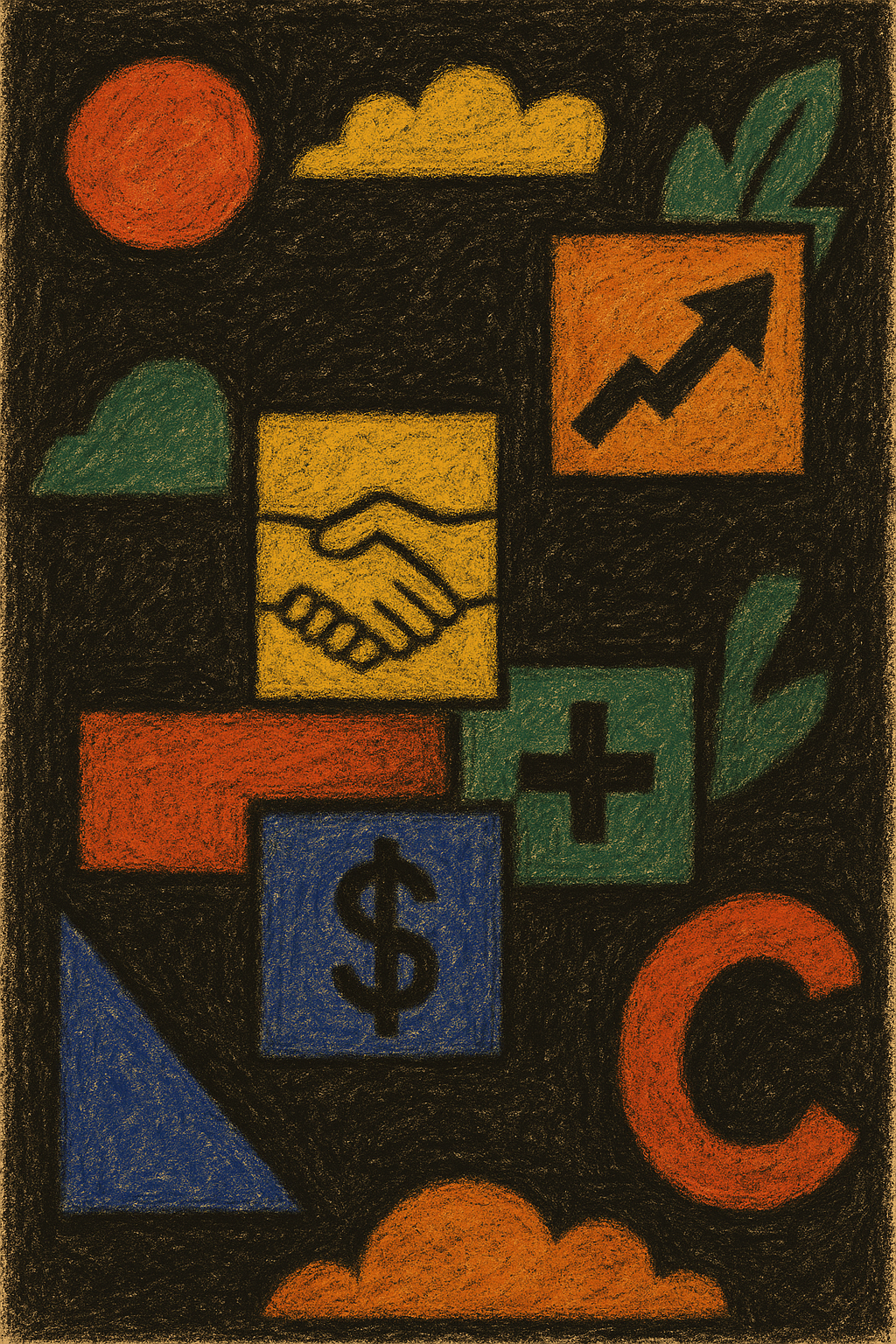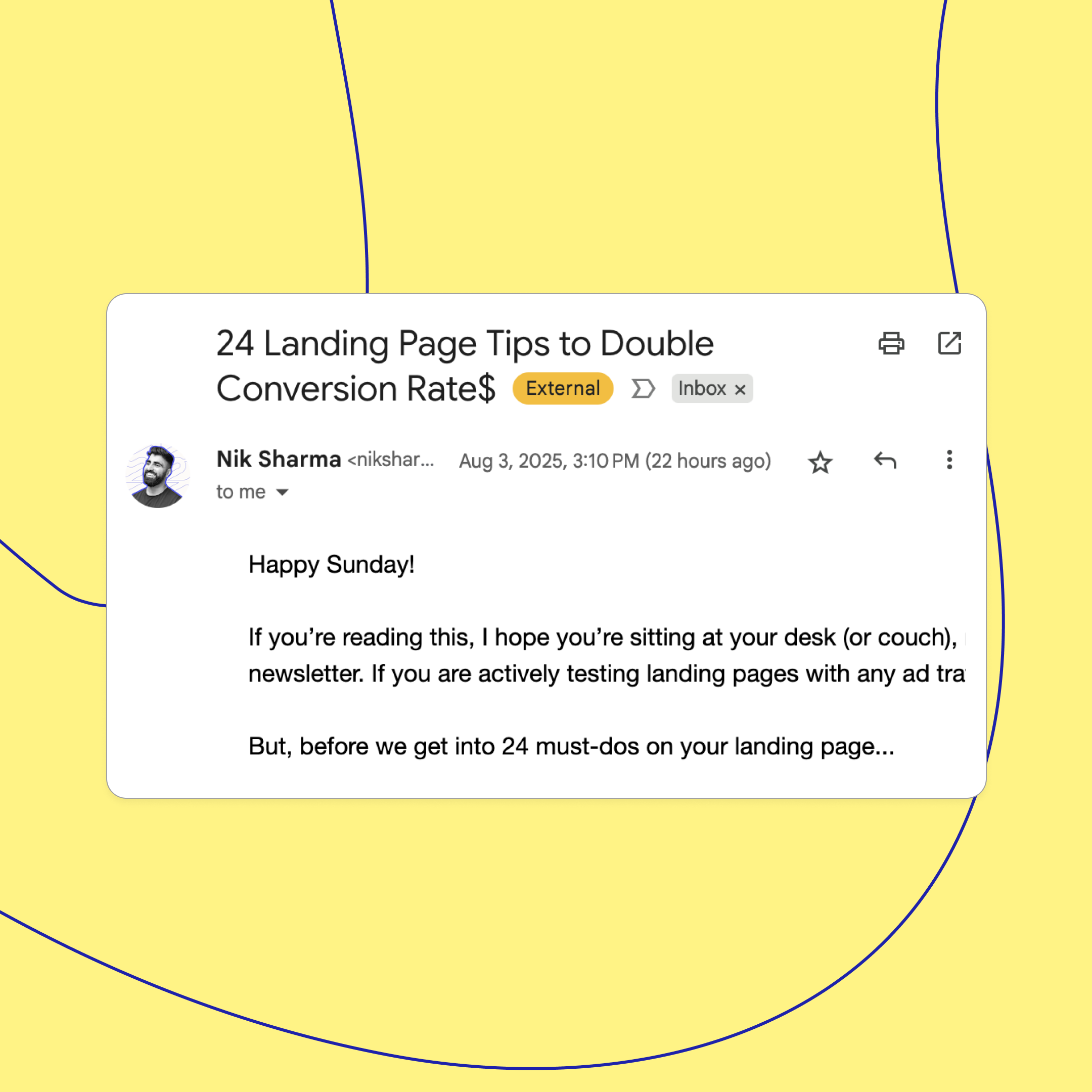The allure of TikTok is undeniable. Its addictive algorithm changed this country, with its uncanny ability to surface the perfect content for each user. It's literally gold, and we've never seen anything remotely like it before. The fact that everyone sits on a subway with Apple-branded face-huggers is both disturbing yet extremely impressive. Thank TikTok for that.
Suddenly, businesses got a direct line to millions of engaged consumers, and the sales – oh, the sweet, sweet sales – rolled in. It's been easy to get swept up in the frenzy, to pour all your resources into this vibrant platform, and to watch your revenue skyrocket. But amidst the euphoria, a nagging question lingers: what happens if the music stops?
The truth is, as we all know, we're not in control. We don't own TikTok, we don't own the customer data, we don't run the DOJ, and we certainly don't own the algorithm. We're essentially guests at a party we didn't plan, dancing to a tune we can't change. At any moment, the rules can shift, the rates can soar, or worse, the doors can slam shut. Remember the Vine exodus? The MySpace meltdown? History is littered with the ghosts of platforms past, leaving businesses scrambling to pick up the pieces.
It's tempting to dismiss this as fear-mongering, especially when the cash register is ringing. After all, isn't the goal of any eCommerce business to sell? Yes, but smart selling requires a long-term vision, a safety net woven from owned assets.
This isn't unique to TikTok. The same precarious dynamics exist on Amazon, Target's marketplace, and countless other platforms. We willingly hand over a significant chunk of control in exchange for access to their vast customer base. It's a trade-off, a calculated risk. But the keyword here is calculated.
The anxiety of "what if this disappears overnight?" should fuel a proactive strategy, not paralyze us with fear. Regardless of TikTok's fate, the fundamental question remains: are we building our businesses on rented land, vulnerable to eviction, or are we laying the foundation for a sustainable future on solid ground?
Five years from now, memories of TikTok's turbulence will fade whether it's still here or not. New platforms will emerge, shiny and enticing, promising untold riches. Brands, ever eager to chase the next big thing, will flock to them, repeating the cycle. But will we learn from the past?
The key lies in diversification and ownership. Building a robust email list, cultivating a loyal community on your own website, and nurturing direct relationships with customers – these are the pillars of a resilient eCommerce strategy. It's about ensuring your affiliates are truly yours, having a customer list you can reach out to directly, and possessing the ability to pivot overnight if needed.
This isn't about abandoning platforms like TikTok altogether. They offer immense value and reach. But it's about using them strategically, as part of a diversified ecosystem, not as the sole foundation of your business.
The uncertainty surrounding TikTok serves as a powerful reminder: as a ChatGPT generated blog would say: in the ever-shifting landscape of eCommerce, true security lies in owning your destiny. Will you be ready when the music stops?
So what do you do next? Look, you can use CreatorCommerce yes, and you can tap into a number of our partners too, but this isn't a plug or a sales piece. This is a retrospective. Businesses rarely gets the chance to reflect, as the answer is usually move forward, but in this space of weeks of uncertainty, it's pretty fun to think about what we will learn this time around. What will creators do differently? What role should brands have in coaching their creators to do said thing differently? If we had a brand leading up to this moment, it may have made sense to help creators build their own emails lists even - perhaps.
Whatever we say here, it's surely already being done, and we are looking forward to an outcome here, and what brands & creators end up doing to maximize the outcome.





.png)





%201.png)
%201.png)
